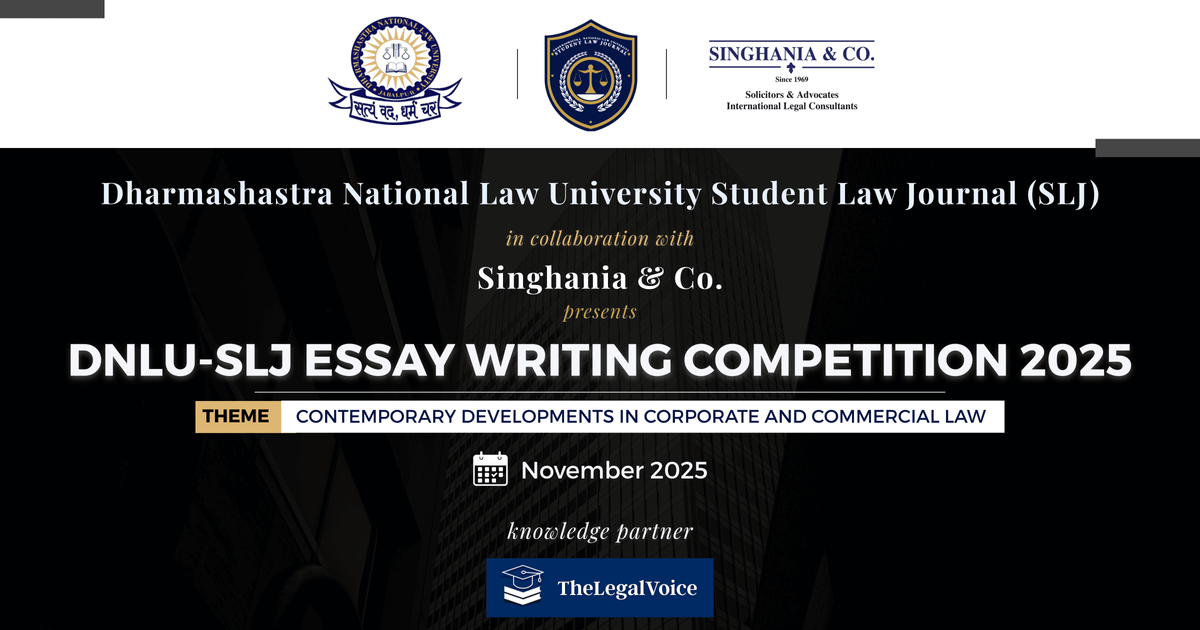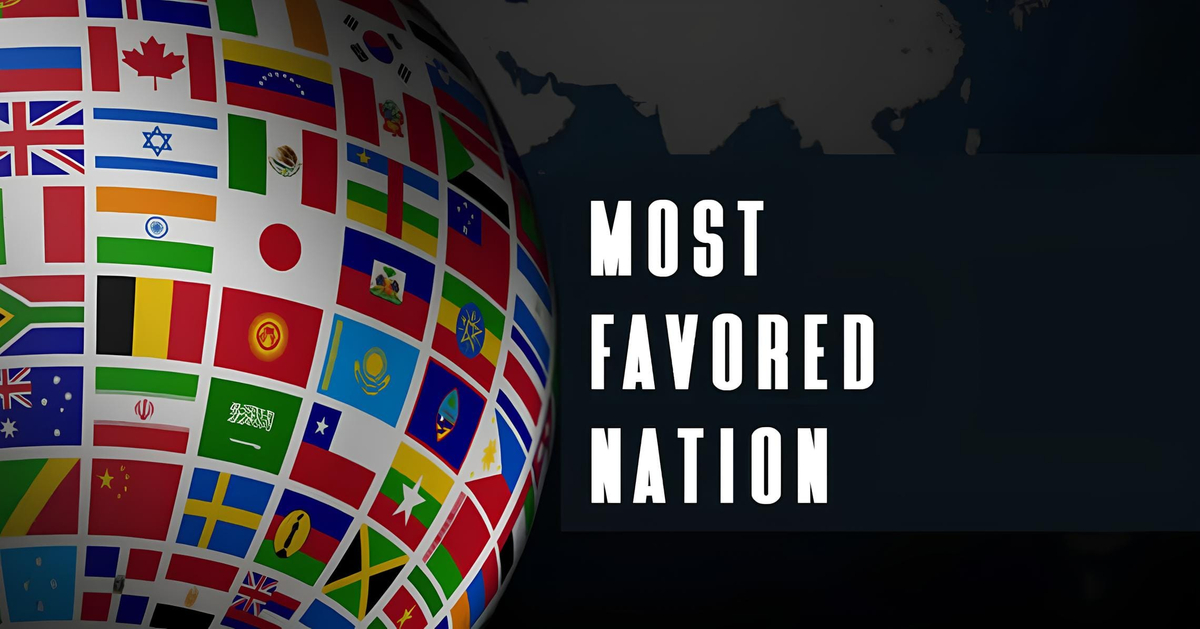I. Introduction – The Theory and Its Harm Imagine that a startup called ‘Pied Piper’ builds a new social media platform with a unique way of connecting users, something that’s gaining early traction. A dominant tech firm, sensing the long-term threat, acquires it. But instead of helping it grow, the platform is quietly shut down, Continue reading
Read MoreIntroduction The Securities and Exchange Board of India (“SEBI”) has recently introduced significant changes in the regulatory framework for Investment Advisers (IAs) and Research Analysts (RAs). Following the Union budget’s emphasis on simplifying, easing, and reducing the cost of compliance in advisory services, aConsultation Paper on the Review of Regulatory Framework for Investment Advisers and Continue reading
Read MoreAbout DNLU, Jabalpur Dharmashastra National Law University, Jabalpur, established in 2018 is one of the prestigious National Law Universities. With the aim to achieve, impart, and disseminate the best in the knowledge of the law and to establish itself as a premiere institute in the promotion of research and academic culture, the University strives for Continue reading
Read MoreOn 27th March 2025, the Securities and Exchange Board of India (“SEBI”) introduced sweeping changes to the corporate governance framework applicable to High Value Debt Listed Entities (“HVDLEs”) under the SEBI (Listing Obligations and Disclosure Requirements) (Amendment) Regulations, 2025 (“LODR Amendment Regulations”). HVDLEs are entities that have listed non-convertible debt securities with an outstanding value Continue reading
Read MoreABSTRACT This paper revisits the debated issue of the applicability of Most Favoured Nation (MFN) clauses to dispute settlement treaty provisions under the ICSID Convention. The paper firstly introduces the debate, and discusses the contrasting views taken by tribunals, with particular emphasis on Maffezini and Plama. Secondly, the paper argues that creation of an artificial Continue reading
Read MoreDharmashastra National Law University Student Law Journal calls for unique and unpublished research papers, Short Notes, Book Reviews and Case Comments – Volume IV (2025) Link for submission: Click here to access the form. Theme Any relevant theme pertaining to contemporary scholarly works on all fields of law will be welcome for consideration. Submission Categories Continue reading
Read MoreIntroduction Recently, on the 17th of September, 2024, the Ministry of Corporate Affairs (“MCA”) finalised significant changes to the Companies (Compromises, Arrangements, and Amalgamations) Rules, 2016 to streamline the cross-border merger and acquisition transactions in India. New changes in the rules also aim at the simplification of the mechanism of operations between the foreign parent Continue reading
Read MoreAbstract: With the Indian Buy Now Pay Later (“BNPL”) market expected to grow at a CAGR of 12.2% from 2023 to 2028, it has become a popular alternative to traditional credit for small-ticket items. However, regulatory and systemic challenges persist as the Reserve Bank of India (RBI) has imposed restrictions on credit-based BNPL models, mandating Continue reading
Read MoreI. Introduction The Assam Revenue and Disaster Management Minister Jogen Mohan tabled the Assam Repealing Bill, 2024 in the State Assembly. It was introduced to replace the Assam Repealing Ordinance, 2024; and repeal the pre-Independence era Assam Moslem Marriages and Divorces Registration Act, 1935 and the Assam Moslem Marriages and Divorces Registration Rules, 1935. The Continue reading
Read MoreIntroduction On 25th November 2018, the world woke up to the startling news of designer babies, an event that was termed the “first leap of faith in science”. This groundbreaking incident made possible by Clustered Regularly Interspaced Short Palindromic Repeats (“CRISPR”) – a gene editing technology employed to modify DNA selectively, shocked the world and Continue reading
Read More








